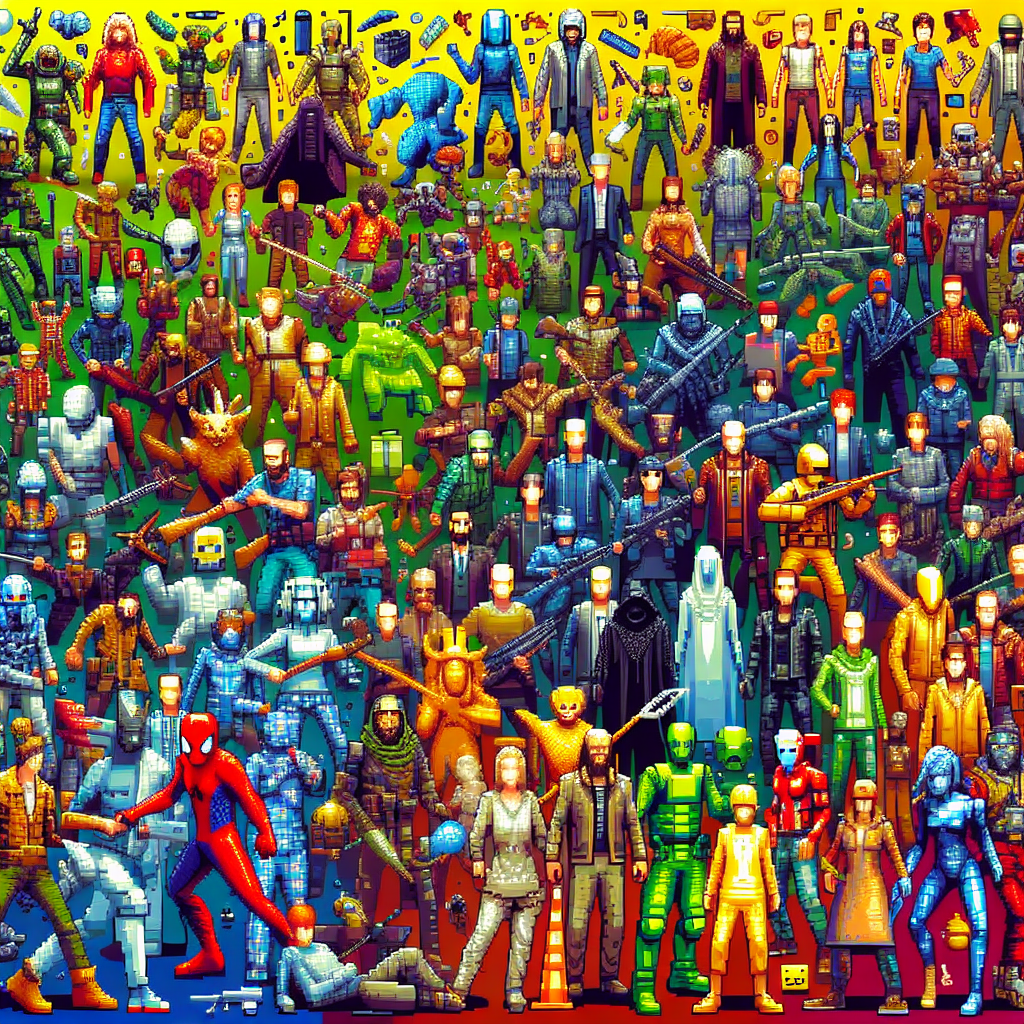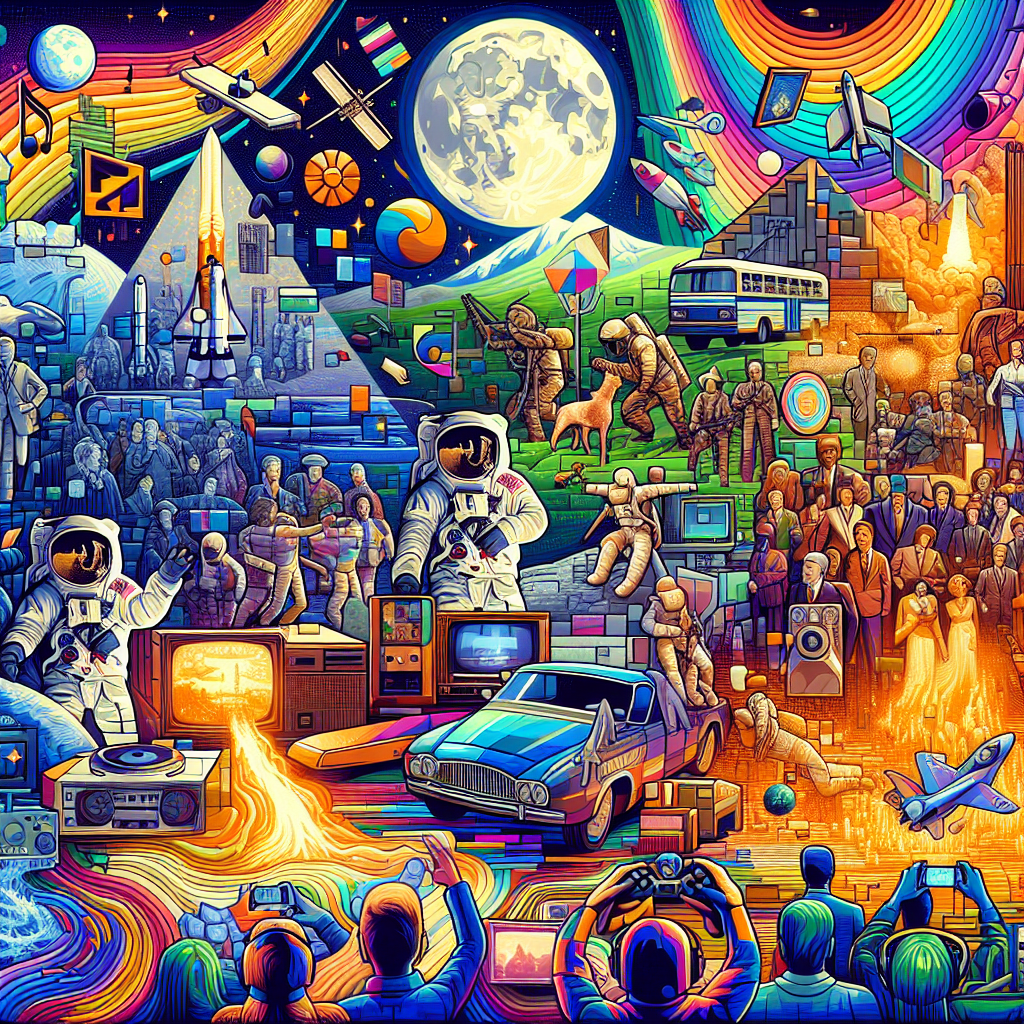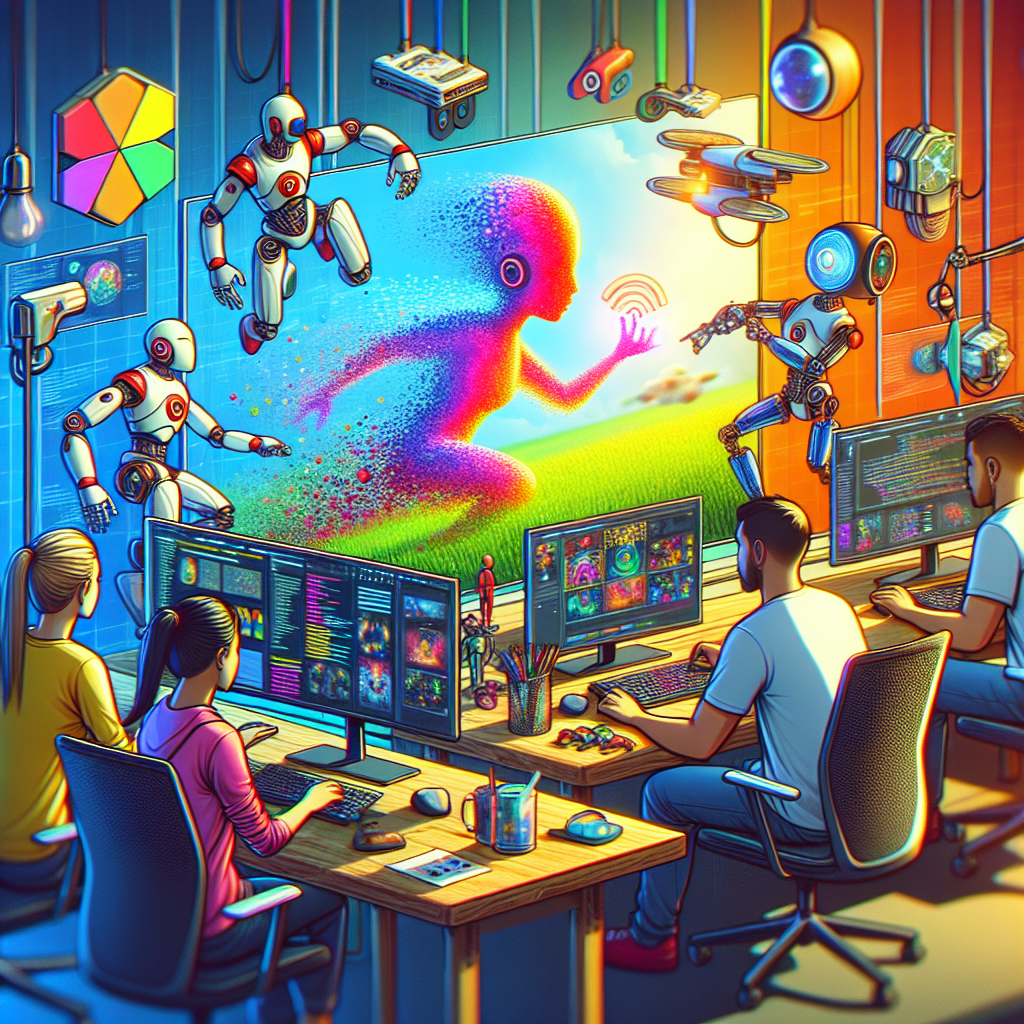Games reflect cultural changes in profound ways, serving as mirrors to society’s evolving values, beliefs, and practices. From early arcade games to complex narratives in modern titles, the evolution of gaming reflects shifts in culture and technology. As players engage in these digital experiences, they are often exposed to new perspectives, fostering understanding and empathy. In this article, we will explore the ways in which games reflect cultural changes and how they contribute to the broader cultural dialogue.
Historical Context: The Birth of Gaming
The history of gaming dates back to the early 1970s with simple games like Pong and Space Invaders. These games primarily appealed to a niche audience, often reflecting the technological constraints of the time. However, as technology advanced, so did the complexity of games. The introduction of home consoles and personal computers allowed developers to create more immersive experiences. This shift marked the beginning of games becoming a significant cultural element, illustrating the changing landscape of entertainment.
As gaming became more mainstream, it started to reflect societal issues. For instance, the rise of narrative-driven games in the 1990s, such as Final Fantasy VII, began to tackle themes like environmentalism and identity. These narratives resonated with players and showcased how games reflect cultural changes by addressing relevant topics of the time. You can read more about the cultural impact of video games in this insightful article from [The Atlantic](https://www.theatlantic.com).
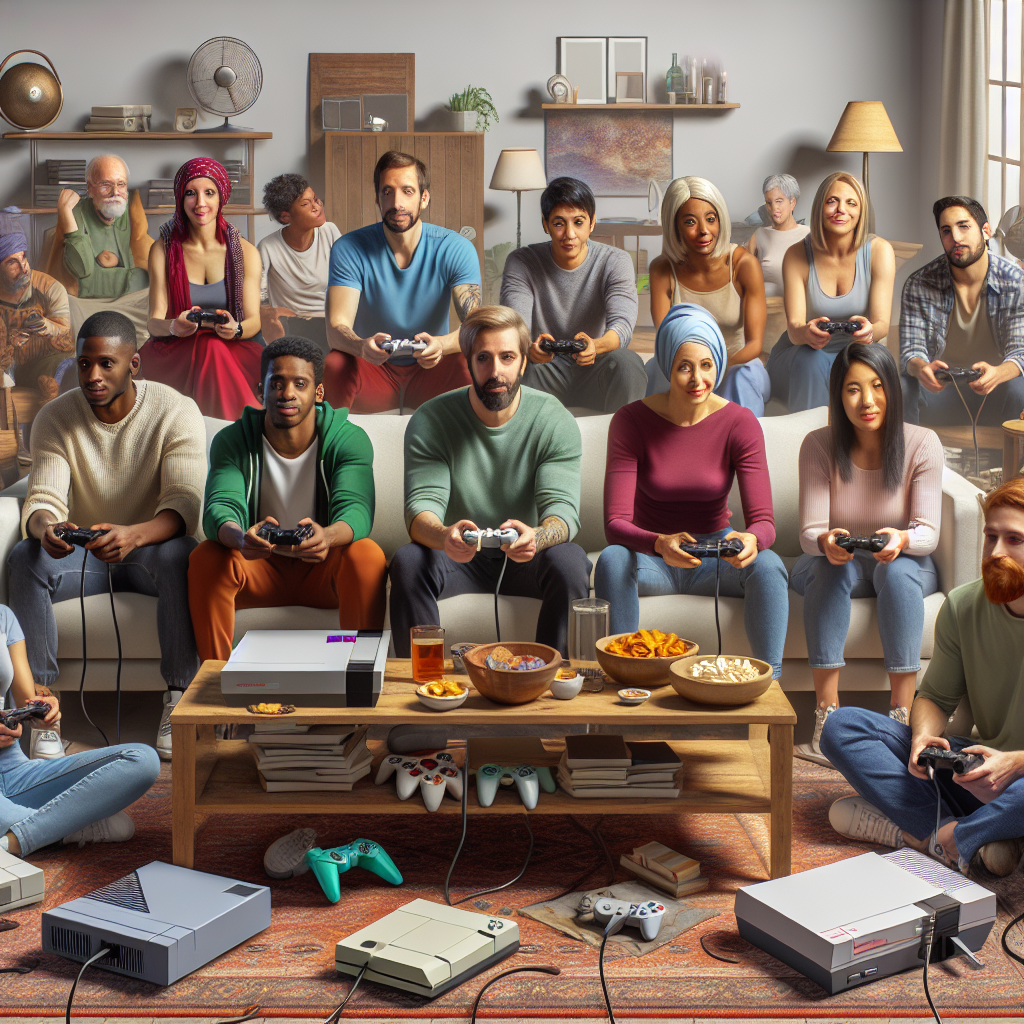
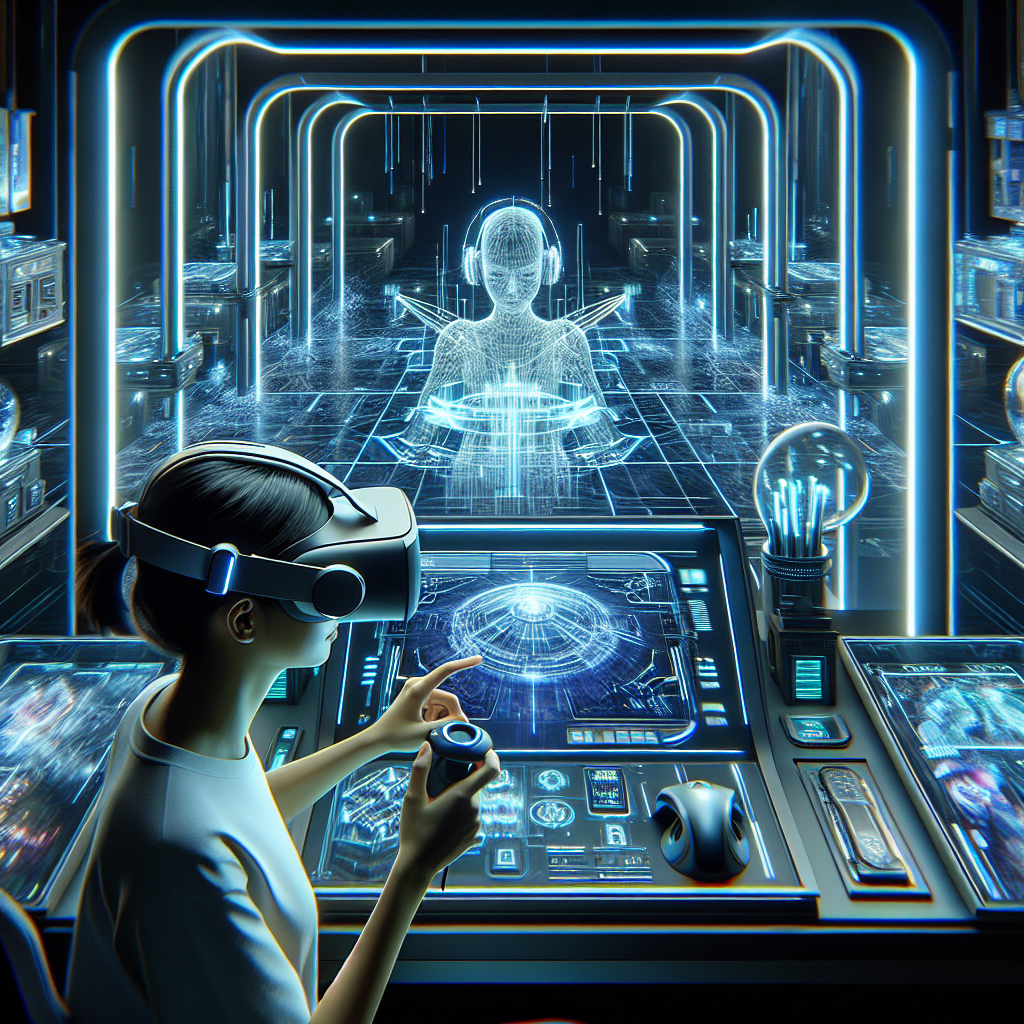
Games as a Reflection of Social Issues
In recent years, games have increasingly addressed social issues, including race, gender, and mental health. Titles like The Last of Us Part II and Life is Strange have highlighted the complexities of human emotions and relationships, making players confront difficult topics. These games reflect cultural changes by encouraging conversations around social justice and mental health awareness, which are especially significant in today’s society.
Moreover, the representation of diverse characters in games has evolved dramatically. In earlier video games, characters were often one-dimensional and lacked depth. Nowadays, games like Overwatch and Assassin’s Creed: Odyssey showcase a variety of ethnicities, genders, and sexual orientations. This shift not only reflects cultural changes but also promotes inclusivity within the gaming community. For more on character diversity in gaming, check out this piece from [Polygon](https://www.polygon.com).
The Future of Gaming and Cultural Reflection
As we look to the future, it is clear that games will continue to reflect cultural changes. The rise of virtual reality (VR) and augmented reality (AR) technology promises to create even more immersive experiences that can challenge players’ perceptions of reality and culture. Games will likely explore themes related to technology’s impact on society, climate change, and global politics, pushing players to engage with these pressing issues.
In conclusion, games reflect cultural changes by serving as a platform for storytelling, social commentary, and community building. As the gaming industry evolves, it will remain an essential part of the cultural landscape, shaping and reflecting the world around us. Players can expect to see more thought-provoking narratives that challenge their views and encourage meaningful discussions about the complexities of modern life. To explore the future of gaming and its cultural implications, visit [GameSpot](https://www.gamespot.com).
Some content and/or images on this page were created using AI.



